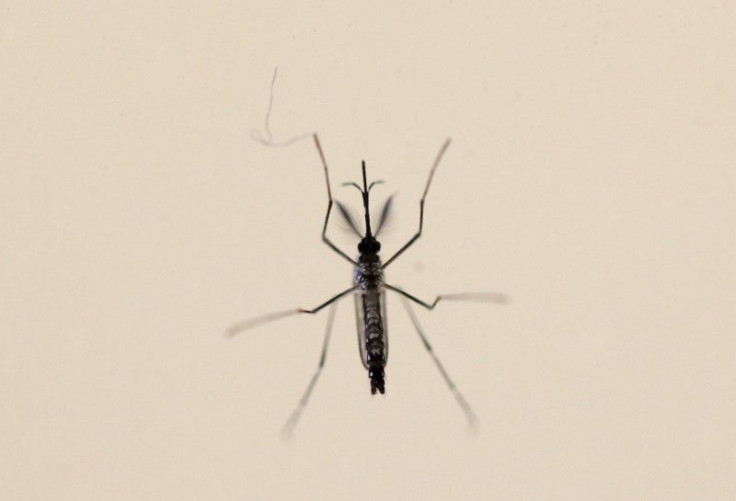Zika Virus Awareness In The US Could Be Better; Many Pregnant Women Don’t Know Of Health Risks

After Brazilian health officials were criticized for their slow response to the outbreak of the Zika virus, awareness campaigns have focused on getting information about the virus to every corner of the globe. But it seems that information is not getting to the people who need it most.
Researchers from Harvard T.H. Chan School of Public Health conducted a survey of American households regarding the key facts about Zika. Results show that far too many pregnant women and women hoping to conceive lack key facts associated with this mosquito-borne virus.
"We have a key window before the mosquito season gears up in communities within the United States mainland to correct misperceptions about Zika virus so that pregnant women and their partners may take appropriate measures to protect their families," said Gillian SteelFisher, director of the poll and research scientist in the Department of Health Policy and Management at Harvard Chan School, in a statement.
Earlier in March, SteelFisher and her colleagues polled 1,275 adults, including 105 from households where a woman was pregnant or expecting to become pregnant in the next 12 months. The research team picked a group of respondents, the majority of which were women ages 18 to 44.
One out of every four respondents was not aware that a Zika infection can lead to the birth defect microcephaly. One out of every five was under the impression there is a vaccine for Zika. There isn’t. Four out of 10 did not realize the virus can be sexually transmitted. And a quarter thought people with the virus are very likely to show symptoms. They don’t.
The misconceptions regarding Zika stretched beyond microcephaly. Almost three-quarters of the sample had no idea there is a link between Zika and Guillain-Barré syndrome, a rare disorder that damages a person’s immune system and can lead to paralysis. Although 87 percent of participants knew the virus is transmitted through mosquito bites, over a quarter didn’t know it can be transmitted via blood infusions and around a third thought they could be infected through a cough or a sneeze.
"These misperceptions about Zika virus transmission could lead people to take unnecessary or inappropriate precautions, as we have seen in other kinds of outbreaks," SteelFisher added.
While the Centers for Disease Control and Prevention do have public resources that answer Zika questions, states and other entities are finding new and inventive ways to get this important information out to the public. New York Governor Andrew Cuomo made aggressive public awareness campaigns part of his six-step plan to prevent Zika outbreaks around the state. Even Sesame Street had Elmo and Raya teach kids how to avoid mosquito-borne illnesses.
Click here to see what exactly the Centers for Disease Control and Prevention are doing about Zika.



























